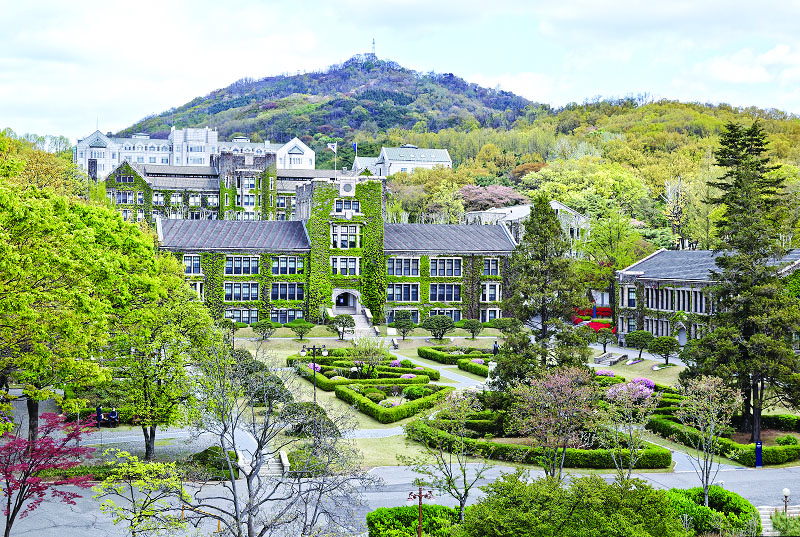
Yonsei University: demographic decline threat
The looming closure of dozens of insolvent universities in South Korea will change the distribution of students across the country, potentially furthering inequalities between its regions and capital city, say scholars. Korea’s rapid demographic decline has already resulted in university closures countrywide — and it is expected to get far worse.
This year, the ministry of education identified 84 financially insolvent institutions that need to close. According to recent figures compiled by the Korean Council for University Education (KCUE), the representative association of four-year universities, in 2040, there will be approximately 280,000 students eligible to enter university — 39 percent down from 460,000 in 2020.
Currently, universities are required by law to shut if a government audit finds they don’t serve enough students to justify their existence. Many hold on as long as possible, becoming “zombie universities”, with leaders keen to avoid giving up their remaining assets to the local or federal government upon closure, as required by law.
Jun Yoo, a professor in the department of Korean language and literature at Yonsei University, says that unless the government incentivises struggling universities to close before they face insolvency, it will have no choice but to maintain its strict, numbers-based system for shuttering the institutions. “The government could pay them a certain amount of money to shut down. Otherwise, the only way is going down the draconian… quota route, but it will then create major inequalities as Seoul schools will see a surge of students, and the countryside could become ghost towns,” he says.
Stuart Gietel-Basten, professor of social science and public policy at Khalifa University of Science and Technology and an expert in Asian demography, agrees that the moves would cause a redistribution of students countrywide. “It is pretty inevitable that we (will) see the rise and fall of the sector,” he says, noting that “place” will be a large factor in which universities remain standing.
Federally and regionally-funded institutions would generally fare better than their non-subsidised counterparts, he predicts. “There will be a big difference between the private and public ones. The market will dictate how long the struggling private ones will last.”
While most scholars Times Higher Education approached were reluctant to say that struggling institutions should throw in the towel early, Philip Altbach, research professor and distinguished fellow at the Center for International Higher Education, Boston College, says it seems like the best course of action in a difficult situation. “‘Assisted suicide’ might well be the best solution for surplus private universities — and authorities need to provide realistic plans,” he says.
How Korea handles the oversupply of universities could be instructive for other sectors, Prof. Altbach adds, because other countries with falling populations and a large number of student seats will also need to devise a plan for closing universities. “Korea is of course not alone in facing these problems,” he says.her the information. Snobbery and a national obsession with old stone mean that it is still a struggle to see people in Palladian mansions as deprived. Webb thinks he and his fellow-boarders weren’t privileged. “If anything, the opposite… they should’ve been at home, having tea with mum and dad.” To send him away was, he says, “a crime”.
The cruelty of this system was deliberate, not accidental. Victorian Britons, believing that the battle of Waterloo had been won on the playing-fields of Eton, set about creating new fields and new Etons in order to mass-produce the upper-middle classes. Children, removed from the “softening” influence of their mothers, were put in uniform clothes, in uniform beds, in uniform dorms, where they spoke uniform vocabulary (“Topping! Pax! Sneak!”) with an increasingly uniform accent: the clipped tones of Received Pronunciation (RP) are thought to have emerged as part of this school-led standardisation.
The empire might have been happy with the results, its children less so. Churchill wrote of a “life of anxiety” at his prep school; C.S. Lewis called his first school “Belsen”. One of the best arguments in favour of boarding schools is the quality of the prose attacking them; one of the best arguments against is its content. After that beating, Orwell felt that “life was more terrible, and I was more wicked, than I had imagined.”
(Excerpted and adapted from The Economist and Times Higher Education)























